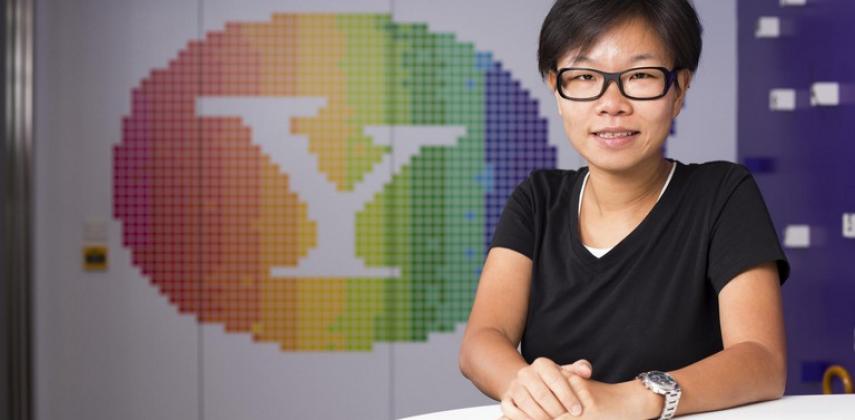The media industry has totally transformed since the dawn of the internet. Content has migrated in huge quantities from print to online as people increasingly rely on the web. As one of the city’s most prominent internet portals, Yahoo Hong Kong is a leader in delivering this online content to the mass market.
There are about 40 products on the company’s website, says Lorraine Cheung, head of audience at Yahoo HK. “These include a search engine, email, dictionary, news and movies. Our team maintains and develop these products,” she says. It does this by launching new online products and overseeing the daily operations of content management.
Cheung has watched the industry closely over the past decade and seen the online media industry experience a number of major changes. “From sources, to media format, to the speed of content delivery, the requirements are getting more and more sophisticated,” she says.
In the past, more than 95 per cent of Yahoo HK’s content came from outside providers. As web users now require content that is different from other sites, the company is using more exclusive contributors and produces more videos to stand out from the crowd. About 20 per cent of its content is now exclusively available on Yahoo Hong Kong.
Cheung believes that, in terms of media format, the trend is definitely going to be to have more video content. “What we’ve seen is that these days more mobile phone users consume videos on their devices. The length of the videos is also getting longer,” she says.
“The popularity of mobile internet is also producing a higher frequency of users coming to our website. So we need to update our website more frequently – at least ten times a day.”
In order to keep up, Yahoo HK is hiring editors who are familiar with web-analytics data, so they can decide which stories should stay on pages or be removed based on viewership trends. “Since the data is available in real time, editors need to have a good command of figures and be able to respond to the data promptly,” Cheung says.
A trained journalist, Cheung says Yahoo HK is still keen on hiring editors with traditional media experience. “They have the reporting skills, news sense, ethics and networks. These qualities are as important, if not more important, for online media, because we are reaching more users than traditional media,” she says.
The company provides a 14-day intensive training programme to help new staff become familiar with the digital operations. The programme includes an overview of products, definitions of online-media terminology and hands-on experience with projects that are in trial phases.
The company recently hired two “WebJs” – the online equivalent to DJs – for their newly launched Yahoo! OMG entertainment portal. “We were looking for fresh faces to attract younger users, so we worked with universities, met students and invited them to join us as WebJs,” Cheung says. “Then we provided them with training on speaking and interview skills, and gave them the chance to draft their own scripts and produce the programme.”
An internship programme is another method the company uses to attract young minds. About 10 students join the programme every year.
“We have a project for each internship programme where students are divided into different teams and are required to submit their ideas in an internal competition. The winning idea will be launched as a new product for Yahoo HK the following year. The winning team will be invited to come back and participate in building the product after the internship ends,” Cheung says.


